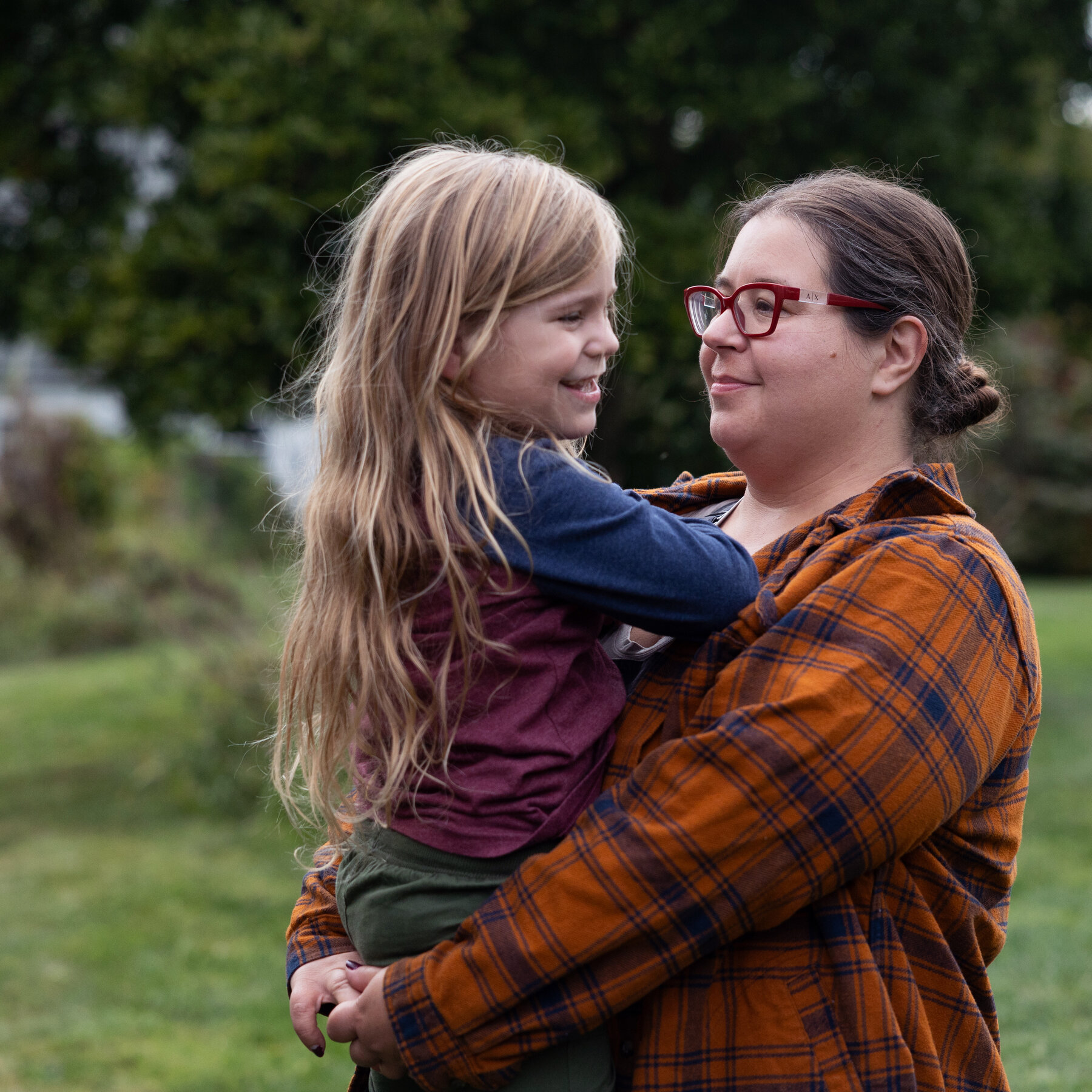She Studied How to Protect Children From Pollution and Heat
Environmental health researcher confronts sudden loss of federal funding
“There was no warning, no conversation,” said Dr. Jane Clougherty, an environmental health scientist whose groundbreaking work on safeguarding children from air pollution and extreme heat has just been hit by an unexpected federal grant cancellation.
Dr. Clougherty, a senior researcher at the Center for Climate and Health, has spent the past decade investigating how pollutants and rising temperatures disproportionately affect children’s developing bodies. Her studies have linked high levels of particulate matter to increased asthma rates, while her heat‑exposure models demonstrate that even modest temperature spikes can impair cognitive performance in school‑aged children.
Her most recent project, funded by the National Institute of Environmental Health Sciences (NIEHS), aimed to create a comprehensive toolkit for schools and community groups. The toolkit would provide real‑time air‑quality monitoring data, heat‑risk assessments, and actionable mitigation strategies—such as green‑infrastructure upgrades and indoor air‑filtration guidelines.
Funding cut
In March, the NIEHS announced the abrupt termination of the grant, citing a “reallocation of resources” without offering further details. Dr. Clougherty described the decision as a “blow to both the scientific community and the families who stand to benefit from these protective measures.”
She added that the cancellation not only jeopardizes ongoing field trials in three urban school districts but also threatens the dissemination of critical findings to policymakers who are currently drafting climate‑adaptation legislation.
Broader implications
The loss of funding comes at a time when climate‑related health risks are intensifying across the United States. According to the Environmental Protection Agency, children are up to twice as vulnerable to air‑quality hazards as adults, and heatwaves are becoming more frequent and severe.
Advocates argue that investments in research like Dr. Clougherty’s are essential for developing evidence‑based interventions that can reduce health disparities, especially in low‑income communities that often bear the brunt of environmental injustices.
“We can’t afford to pause this work,” Dr. Clougherty emphasized. “Every day we wait, more children are exposed to conditions that could have lifelong consequences.”
In response to the funding shortfall, Dr. Clougherty is seeking partnerships with private foundations, municipal health departments, and nonprofit organizations to keep the project alive. She remains hopeful that a collaborative effort will bridge the gap and ensure that children across the nation receive the protection they deserve.





